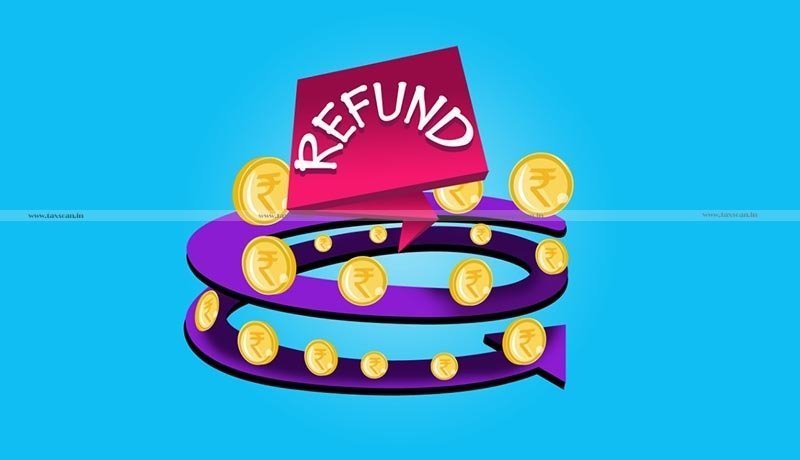Justices T.S.Sivagnanam and R.N.Manjula held that the subsequent issuance of the credit note is of little avail as the incidence for the excise duty is deemed to have been passed on by the assessee to its buyer and therefore not entitled for filing an application for a refund under Section 11B of the Act merely because they subsequently came to know that the rate of duty was NIL and credit notes are said to have been issued to the buyer.
- Income Tax E-Filing Services will not be available for few days: CBDT to launch new E-Filing Portal
- CBI arrests Three Customs Officials in a Bribery Case
- ICSI CSEET Result 2021 to be Announced Tomorrow: Here’s How you can Check
- Refund to be granted only to Person Who Paid Duty, If Ultimate Consumer can’t be identified Amount to be retained in Fund: Madras High Court [Read Order]
- No Income Tax leviable on Forex Gains arising against Personal Loan: ITAT [Read Order]
Refund to be granted only to Person Who Paid Duty, If Ultimate Consumer can’t be identified Amount to be retained in Fund: Madras High Court [Read Order]
The Madras High Court ruled that the refund be granted only to a person who paid duty if an ultimate consumer can not be identified as the amount to be retained in the fund.
The petitioner, M/s.SRF manufactures various industrial fabrics such as rubberized textile fabrics falling under heading 5905.20 of the Central Excise Tariff Act, 1985. They were paying additional duty of excise at the rate of 10% ad valorem on the rubberized textile fabrics upto 06.07.1990.
As per the Finance Act which came into effect on 31.05.1990, the petitioner was eligible to claim NIL rate of additional duty of excise on the said product. Hence, on 21.07.1990 they filed a refund claim for the additional duty of excise paid by them on rubberised textile fabrics during the period from 31.05.1990 to 06.07.1990.
Subsequently, the petitioner had raised credit notes to its customers who have received the goods, for the amount of additional duty of excise collected from them during the period for which refund was claimed by the petitioner.
The original authority issued a show-cause notice to the petitioner calling upon them to state as to why the refund claimed by them should not be credited to the Consumer Welfare Fund in terms of Section 11B(2) read with Section 12C of the Central Excise and Salt Act, 1944.
The respondent authority proposed that since the incidence of duty had been passed on to the buyers by the petitioner on the date of clearance of goods, the petitioner ceases to be entitled for refund. The petitioner by contending that though apparently the incidence of additional duty of excise had been passed on to the consumers by issue of invoices, at a later date the same was reversed by issue of credit notes and requested to sanction the refund claimed.
The petitioner preferred appeal to the Tribunal reiterating the grounds which were raised before the Commissioner and it is submitted that it is the petitioner/assessee who has actually suffered the duty liability by refunding the excise duty collected from the customers and the Department cannot close their eyes to this fact and cannot do away with reality and the assessee was entitled for the refund.
The Department contended that the verification to be done by the Department to enquire about the ultimate buyer who has actually paid the duty is not a futile exercise and the refund can be granted only to the person who has paid the duty and not to anyone else and if the ultimate consumer cannot be identified, the amount would be retained in the Fund and utilized for the benefit of Consumers.
The division bench of Justices T.S.Sivagnanam and R.N.Manjula held that the subsequent issuance of the credit note is of little avail as the incidence for the excise duty is deemed to have been passed on by the assessee to its buyer and therefore not entitled for filing an application for a refund under Section 11B of the Act merely because they subsequently came to know that the rate of duty was NIL and credit notes are said to have been issued to the buyer.
Thus, the tribunal found that the Tribunal was right in affirming the order passed by the First Appellate Authority who confirmed the order passed by the adjudicating authority.

